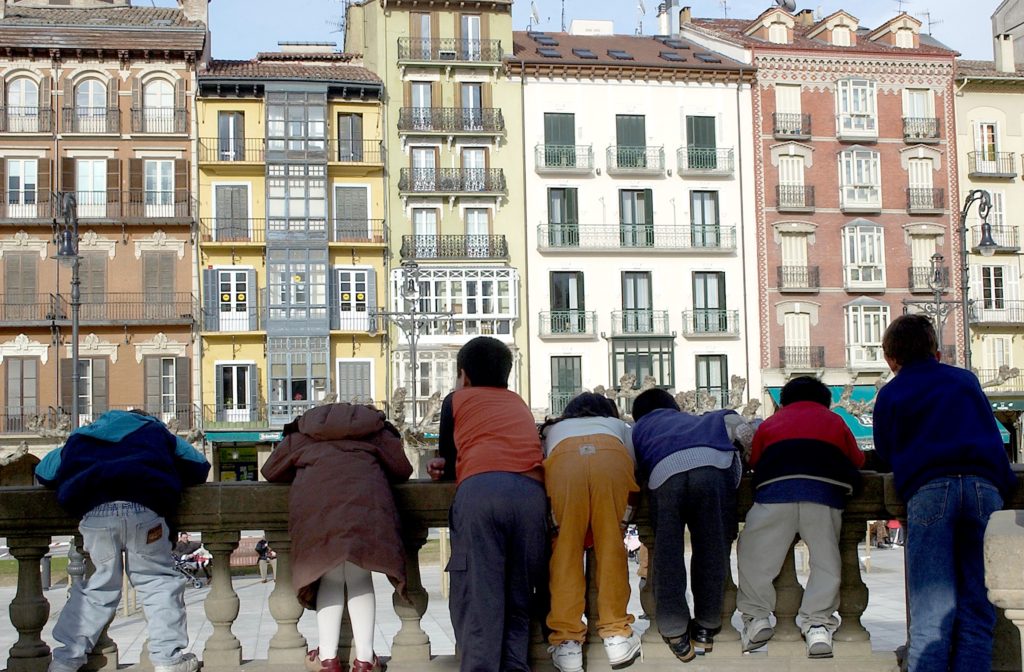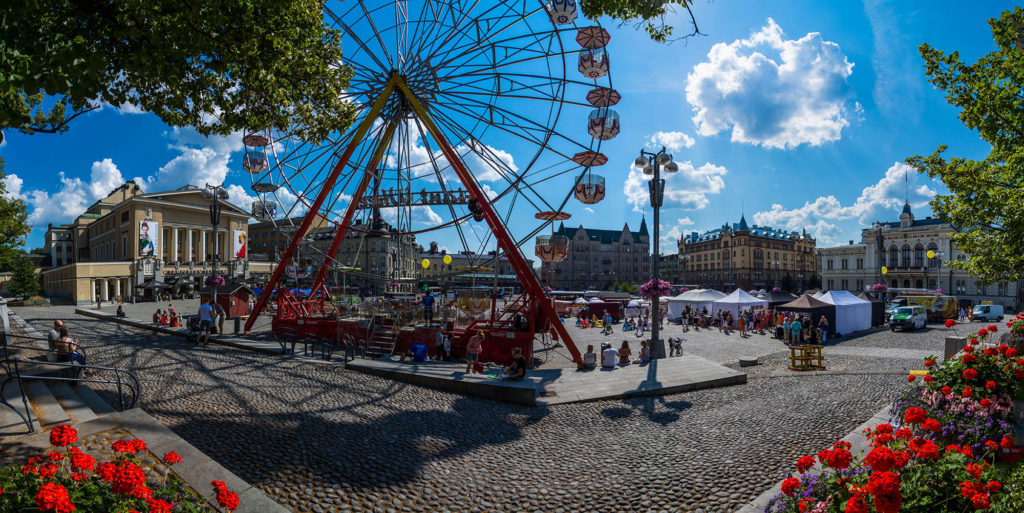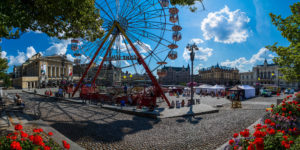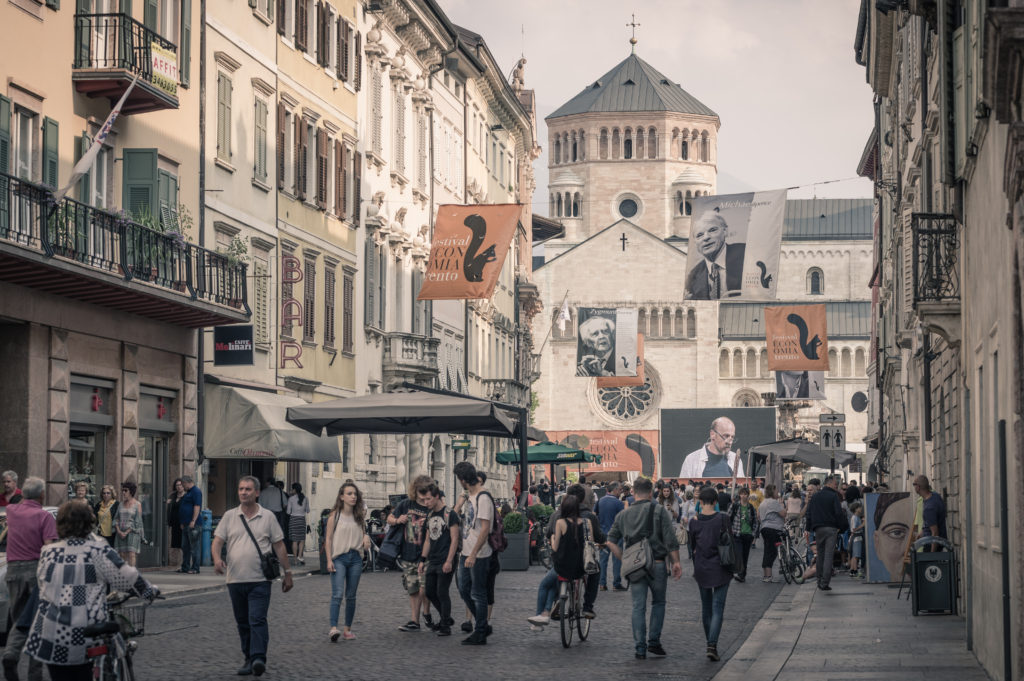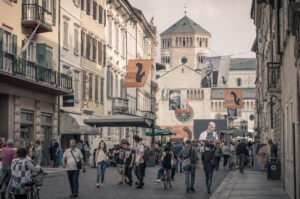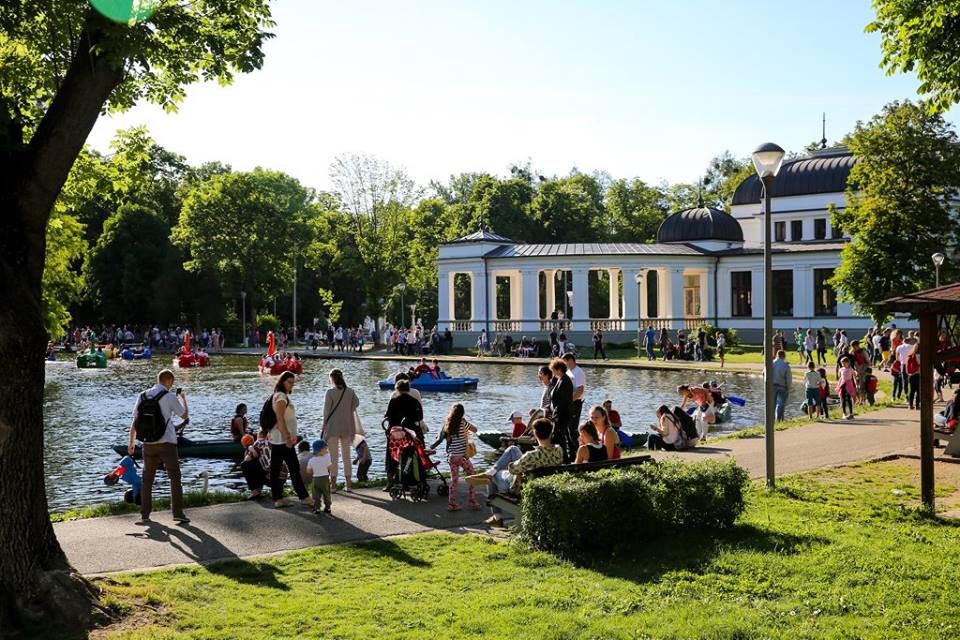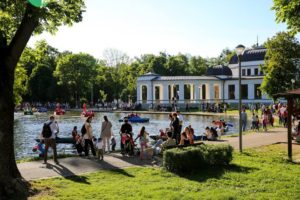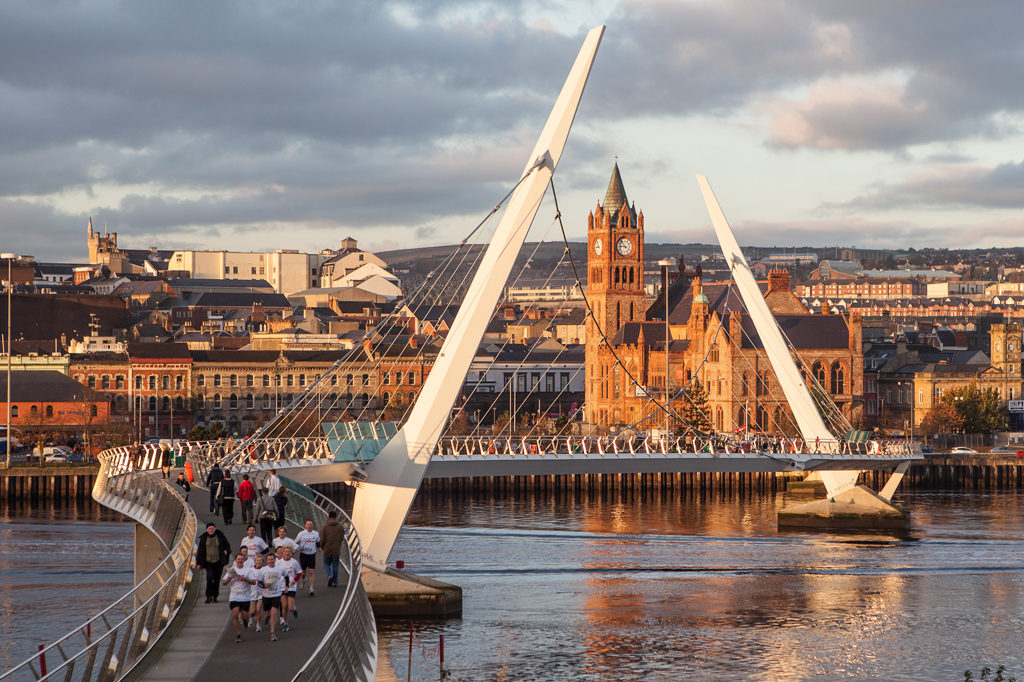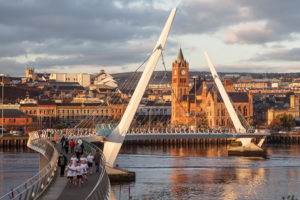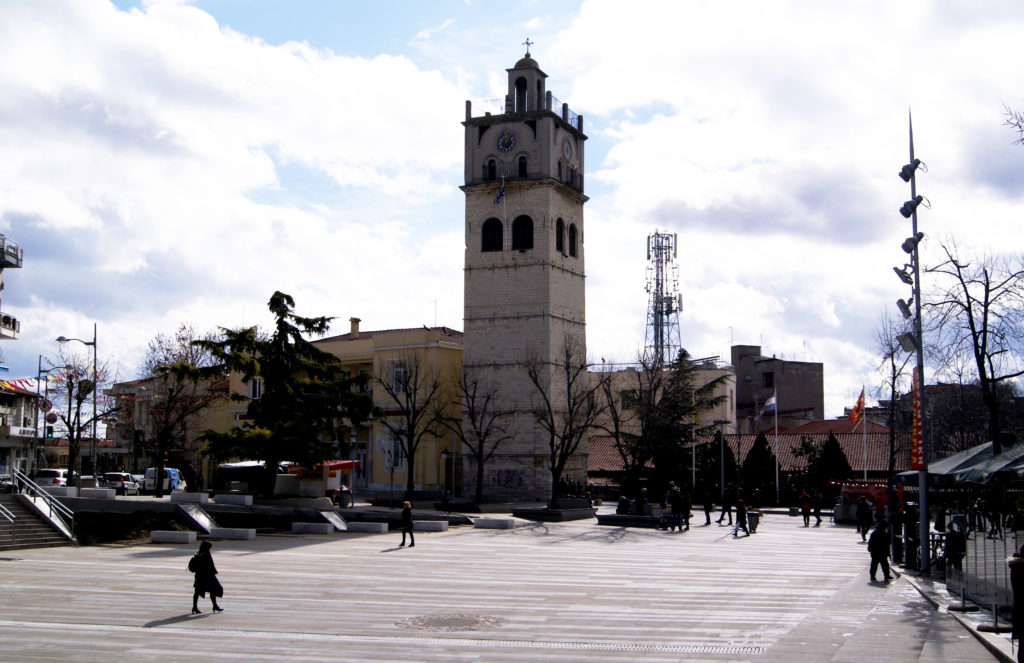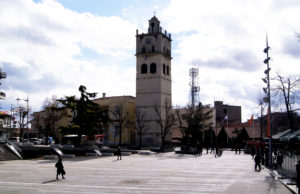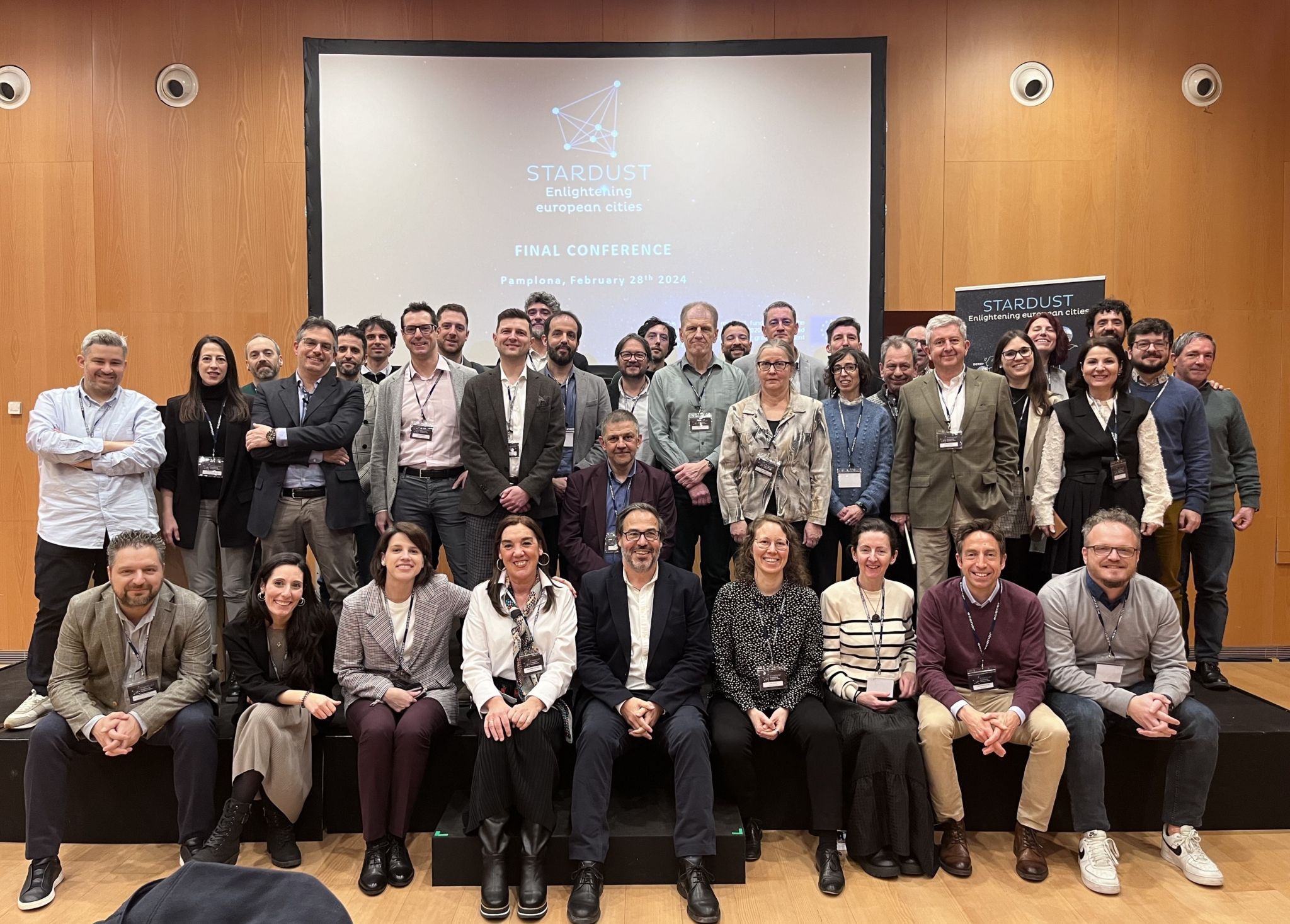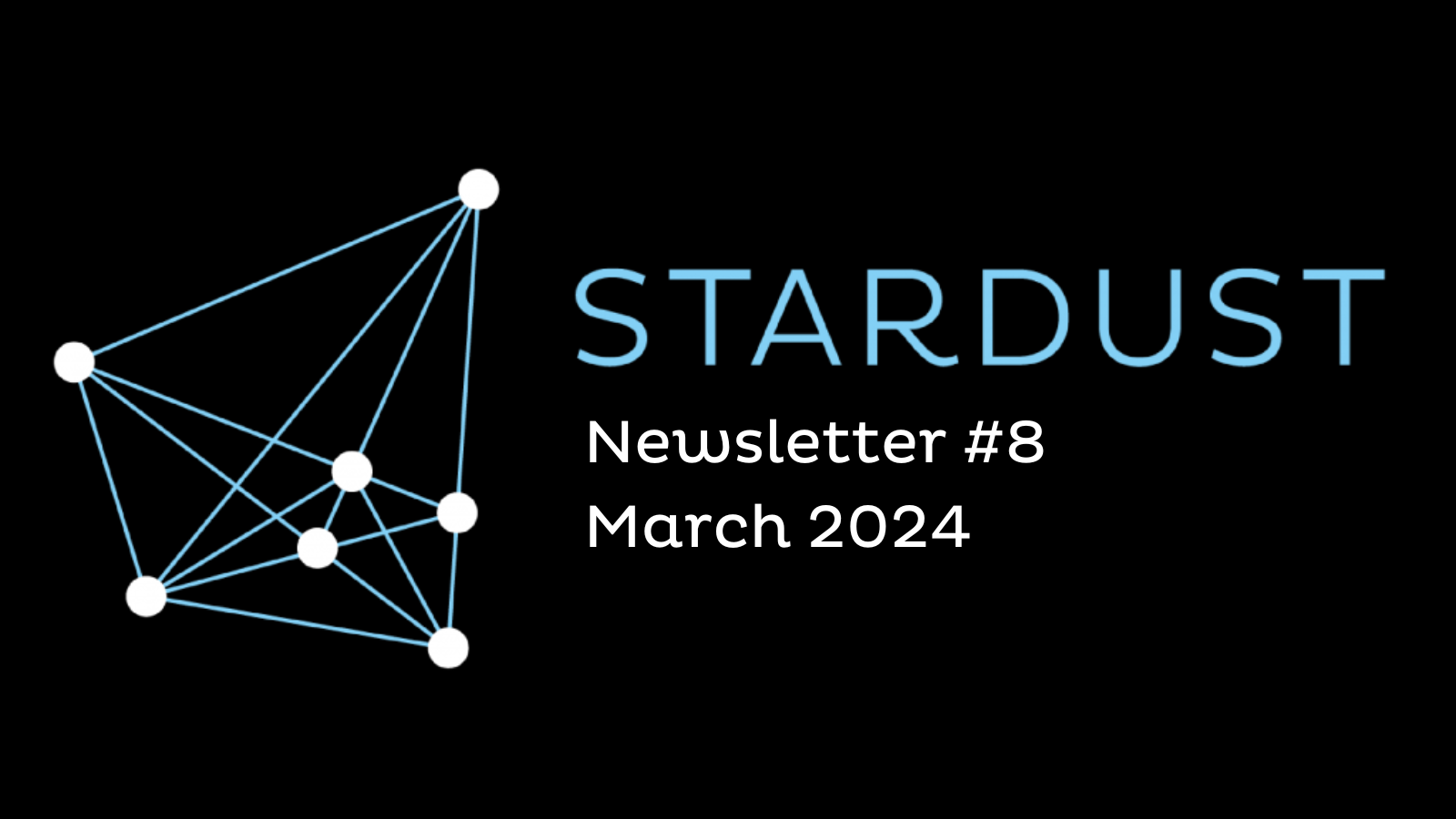Pamplona, the city with three boroughs
Pamplona is said to be the city with the highest quality of life in Spain and is the economic and political centre of Navarre. Moreover, its region is highly regarded for developing its energy grid based on renewable energy sources (RES). As of the moment, it covers more than 80% of the region’s electrical consumption.
Other than playing a key role in introducing RES to its citizens, the city of Pamplona is quite active in implementing smart and sustainable solutions for its communities. These are aligned with the Sustainable Development Plan of the City, the Sustainable Energy Action Plan (SEAP) under the Covenant of Mayors, the e-Vehicle Action Plan of Pamplona, and the Navarra Energy Plan 2030.
One of Pamplona’s strategic goals is to empower and to protect the citizens by introducing greener solutions that promote fairness, social inclusion.
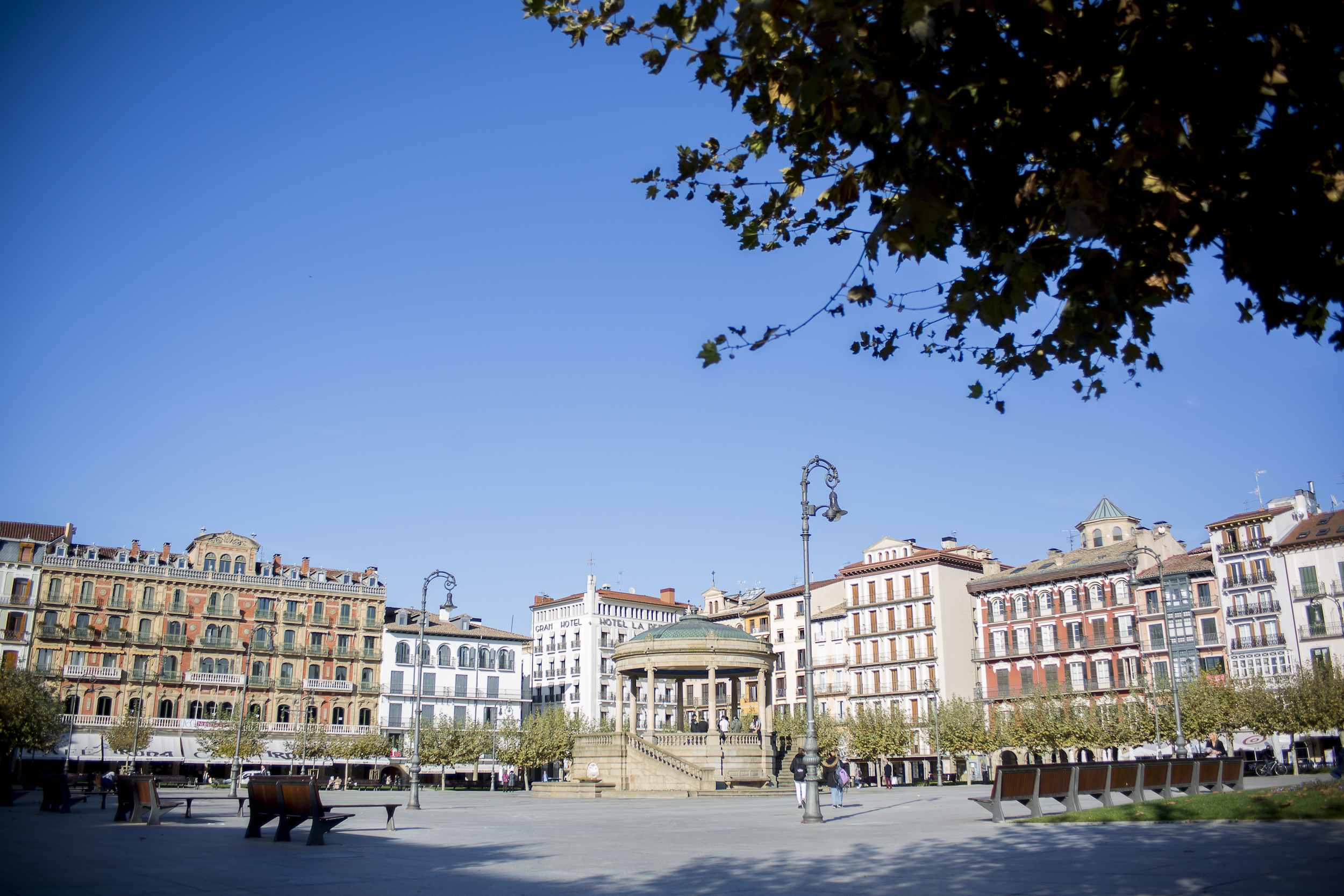
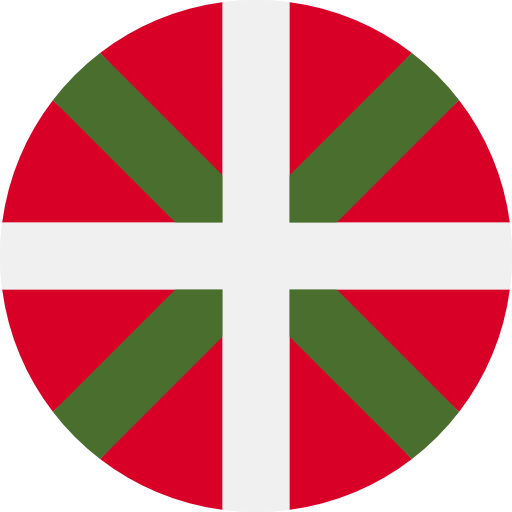 Tokiko argibide-bulegoa
Tokiko argibide-bulegoa
